The media has been flooded with broadcasts and images of a country under siege since Russia invaded Ukraine on February 24. The crisis is causing widespread anxiety and concern, particularly among those who have loved ones in Ukraine. Even individuals with no personal ties to the country have been put on high alert by warnings about potential cyberattacks and photos of the conflict.
It’s common to have trouble controlling your emotions during times of war, terrorism, or traumatic occurrences. Many people will have the following symptoms:
- Disbelief and shock
- Crying for “no apparent reason”
- Headaches and stomach problems
- Apathy and emotional numbing
- Irritability and anger
- Sadness and depression
- Fear and anxiety about the future
- Disorientation; difficulty making decisions or concentrating
- Inability to focus
- Extreme changes in eating patterns; loss of appetite or overeating
- Feeling powerless
- Difficulty sleeping
- Excessive use of alcohol and drugs
Tips for Coping
- Talk about it. You can relieve tension and discover that others share your feelings by communicating with others.
- Take care of yourself. Get lots of rest and exercise, limit your alcohol intake, and eat healthily. High-calorie and high-fat foods should be avoided.
- Limit exposure to images of the war. Avoid watching news television programs in particular.
- Do something positive. Donate blood, provide “care packages” for military personnel, and write letters to service members. Write letters to government authorities, attend neighbourhood meetings, etc., whether you support or oppose the war.
- Ask for help. It is not a sign of weakness to seek assistance. Consult a close relative, a friend, or a spiritual advisor. If you require professional assistance, please contact the Counselling Center.
Take a look at the following tips for dealing with trauma caused by war and conflict:
- Keep everything in context
Understanding Russia’s attempts to conquer Ukraine, which began in the 18th century and concluded in the annexation of Crimea in 2014, can help put modern events in context.
This fight is taking place in the midst of a number of other problems, including the COVID-19 epidemic and domestic political unrest.
- Exert control where you can
Finding modest ways to exert control throughout the day is one of the finest strategies to cope. Take a walk, nap, call, text, or email someone you care about, eat something delicious, or listen to music that rejuvenates or relaxes you.
- Limit your media exposure
Limiting the volume and type of content you consume can help you avoid the psychological consequences of media exposure. Determine how frequently you will read the news and what forms of media you will engage with.
For others, reading or listening to reports from Ukraine may be less stressful than watching frightening visuals on television. Consider turning off your phone’s push notifications so you can choose when you see news.
Avoid graphic pictures, which have been related to psychological reactivity and negative mental health effects, according to study. These are more common on social media, since posts aren’t always regulated.
- Seek news from credible sources
Social media news can be untrustworthy, politically driven, or exaggerated. News is increasingly being used for spectacle and entertainment reasons. Avoid 24-hour news stations and instead turn to longer-form journalism, such as in-depth comments or films, for more background on current events.
Support the people of Ukraine
If you live near a significant Ukrainian community, contact out to see what they require. They may be preparing to receive refugees or provide supplies, depending on how long the battle lasts. Supporting others, taking care of yourself, and keeping an eye on your media usage can all assist to reduce psychological distress.
Please contact Simply Align Rehab Physio in Scarborough/Toronto at simplyalignrehab.com for further guidance on “How to deal with Trauma from War and Conflict?”, or call or text us at (416) 628-8554 for your Physiotherapy or Chiropractor requirements in Toronto.
